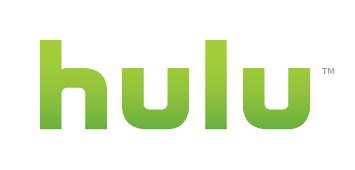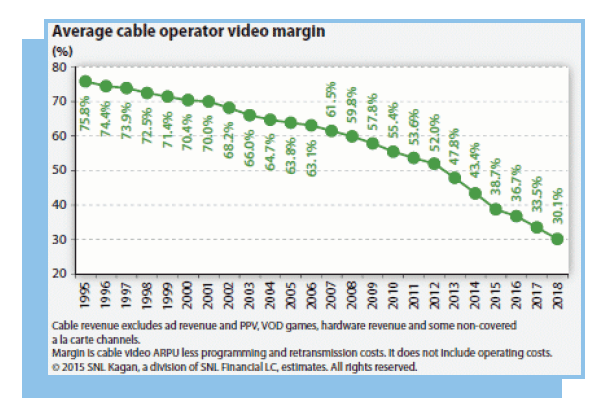 An attempt by CenturyLink to win near-complete deregulation for all of its 108 telephone exchanges in Minnesota has been met with strong objections from the Department of Commerce and the Minnesota Attorney General’s office because CenturyLink couldn’t be bothered to provide enough information to prove its case.
An attempt by CenturyLink to win near-complete deregulation for all of its 108 telephone exchanges in Minnesota has been met with strong objections from the Department of Commerce and the Minnesota Attorney General’s office because CenturyLink couldn’t be bothered to provide enough information to prove its case.
“In essence, a carrier filing a petition [for deregulation must] ‘show its work’ in the initial filing in order to have a complete petition for review,” wrote the Attorney General’s office. “CenturyLink has not shown its work. As a result, any analysis of the merits of the petition is both premature and impossible, given the lack of detail provided in the petition. The filing of the superficial results of analyses performed by the company with no supporting data or workpapers does not allow for any analysis necessary on the merits of the petition. This leaves the commission with a take-it-or-leave-it approach and shuts out other parties’ ability to perform analysis of the petition using the same data set relied upon by the company. Such scant data would not be allowed in any other commission proceeding.”
The two state agencies, in addition to some public interest groups, object to CenturyLink’s claim that since they now serve fewer than 50% of households and competing services are available to at least 60% of customers in each of their exchanges, they should no longer be regulated.
But unlike many other states, Minnesota law requires the burden of proof be met by CenturyLink, and in this case that requires a clear record of evidence of customer losses as a result of direct competition, according to the state agencies.

The Attorney General’s office believes CenturyLink used proprietary data and other unexplained criteria difficult to impossible for independent third parties to verify. The Attorney General complained, “parties must take CenturyLink at its word that its analysis is accurate.”
One requirement mandates that phone companies seeking regulatory relief provide a list of local services offered in each exchange, to verify if competitors are providing a comparable level of service. CenturyLink admitted it winged it, never submitting an actual list of local services but instead a link to its national website.
When asked why the company omitted the list, a company representative told the Office of the Attorney General they didn’t think it was important.
Other examples:
- CenturyLink’s list of exchange areas was developed using proprietary data using an “allocation tool” that requires everyone involved in the case to take CenturyLink at its word the analysis is accurate and complete;
- CenturyLink was required to prove how many competitive providers were available to customers in each exchange. CenturyLink took a short cut, supplying a list of “major” wireless providers and cable companies alleged to be supplying service in the area with no verification or data source to generate the list. For proof of coverage, CenturyLink took screen shots of wireless provider coverage maps used in marketing material, with no proof customers actually get adequate coverage in those areas.
- CenturyLink footnoted in tiny print it was beginning to offer unregulated Voice over IP phone service, but had no customers as of Dec. 31, 2015. It did not say anything about its plans for 2016. Should CenturyLink launch VoIP, they will be able to offer unregulated phone service in Minnesota and elsewhere, possibly negating the need to ask for deregulation.
Earlier this week, CenturyLink filed its response, effectively telling regulators they cannot dismiss the company’s petition based on the complaints from the two state agencies.
“The agencies’ arguments misread the relevant statute, confuse the distinction between completeness and sufficiency, and should be summarily rejected,” CenturyLink argued. “The statute clearly does not contemplate that all issues … must be unequivocally resolved before a petition is deemed complete. If that were the case, there would be no need for the 180 day review period.”
The proceeding is still ongoing, although it was originally supposed to take a maximum of six months.


 Subscribe
Subscribe Community broadband advocates will have to redouble their efforts to overturn state laws that restrict or prohibit municipal broadband, because the Federal Communications Commission today signaled it will no longer be a part of that fight.
Community broadband advocates will have to redouble their efforts to overturn state laws that restrict or prohibit municipal broadband, because the Federal Communications Commission today signaled it will no longer be a part of that fight. Hulu’s still-to-be-announced live TV streaming service designed to give subscribers an alternative to bloated and expensive cable-TV packages will lose “real money” if it is priced at around $40.
Hulu’s still-to-be-announced live TV streaming service designed to give subscribers an alternative to bloated and expensive cable-TV packages will lose “real money” if it is priced at around $40.
 AT&T has gone over the top donating at least $70,000 to back Republican House Speaker Paul Ryan, more than the company has ever donated to anyone else.
AT&T has gone over the top donating at least $70,000 to back Republican House Speaker Paul Ryan, more than the company has ever donated to anyone else.

